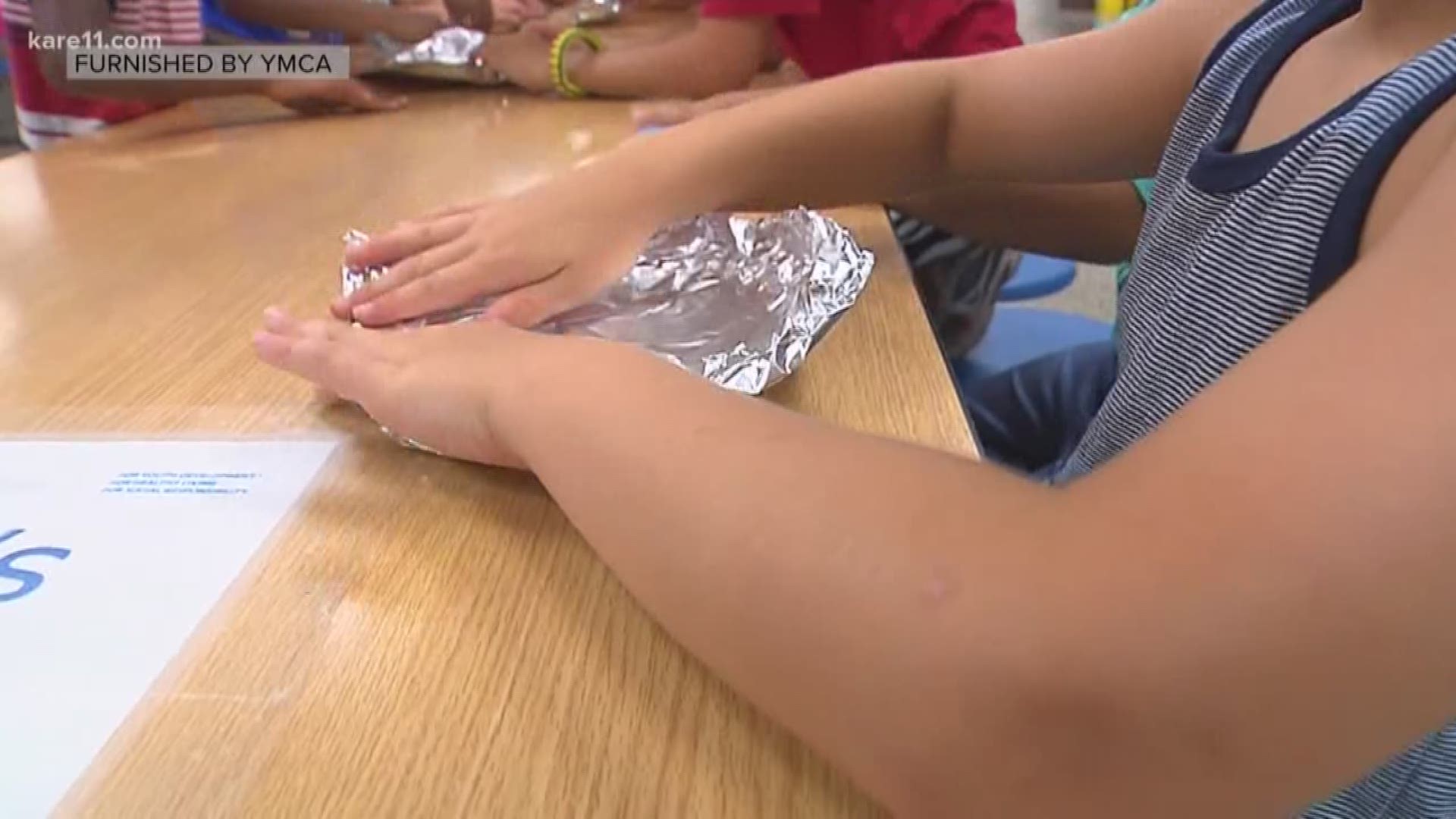MINNEAPOLIS - The YMCA of the Greater Twin Cities says kids have about 2,000 hours of time left per year after subtracting hours spent sleeping and hours spent in school. So what do you do with that time?
Jenny Collins, executive director at the University YMCA and Beacons Network, says taking additional activities before or after school could work for your family.
"Families, and my own as well, struggle with, 'How much is too much?'" she explained. "Some young people, we really need to focus on balance, make sure there's not too much, whereas other young people may not have access at all to these opportunities that we know are so important," Collins said.
The opportunities are available at various Y locations. People from the Y also bring their programs right into the schools.
"We offer a lot of things people wouldn't expect such as workforce development opportunities, where young people are not only exploring careers but are also developing their skills," Collins said.
Skills include learning to become a barber, dancer, skateboard designer, among others. Homework help is also available. The help often comes from college students who once took the programs themselves.
"One example would be our Beacons after-school network," Collins said.
Data shows Beacons participants were 2.2 times as likely to graduate high school in four years as compared to their peers who were not enrolled.
"So the impacts on academics are significant and so much more," Collins said. "There's the social/emotional impacts, the self-confidence young people build as they engage with something that ignites their spark or passion."
So how do you choose the right program? Here are some tips from the YMCA:
- Consider your child's unique needs and interests. Select a program that provides an enriching place to explore a spark or passion, and that can be flexible in accommodating any unique needs your child may have. If your child needs academic support for example, seek a program that intentionally builds this into the programming.
- Consider your family's needs. Of course considerations such as cost, location, time, and convenience matter for today's busy families. The Y and other non-profits provide scholarships to help keep costs down for families that need it. Remember to leave time in your week for activities you can all do together as a family!
- Choose high quality programs. Be informed by using data and resources that can inform your choices. Childcare programs have the Parent Aware rating system and afterschool programs can use www.igniteafterschool.org as a resource for understanding more about high quality afterschool programs. Always visit the program site if possible and watch for positive relationships and interactions. Ask about safety procedures and training of staff.
- Keep kids healthy. Engage your child in programs and places where healthy activity and nourishing foods are encouraged, and where your child's social-emotional wellbeing is promoted as well.
- Don't forget the teens and young adults! We often think of care for our youngest Minnesotans, but opportunities outside of school are critical for youth and young adults to stay connected to positive peers and adults, build leadership skills, and contribute to their communities. The Y has Youth In Government, Beacons, Teen Thrive, a Campus Y, and so much more to explore!
- Make a donation so ALL kids can thrive. Consider making a donation to a non-profit such as the Y that closes gaps in access to quality out-of-school activities for young people. Over 219,000 youth are alone and unsupervised afterschool. In many cases this is due to lack of access to a safe, quality program. Support youth in your neighborhood by making philanthropic donations to close this gap!

